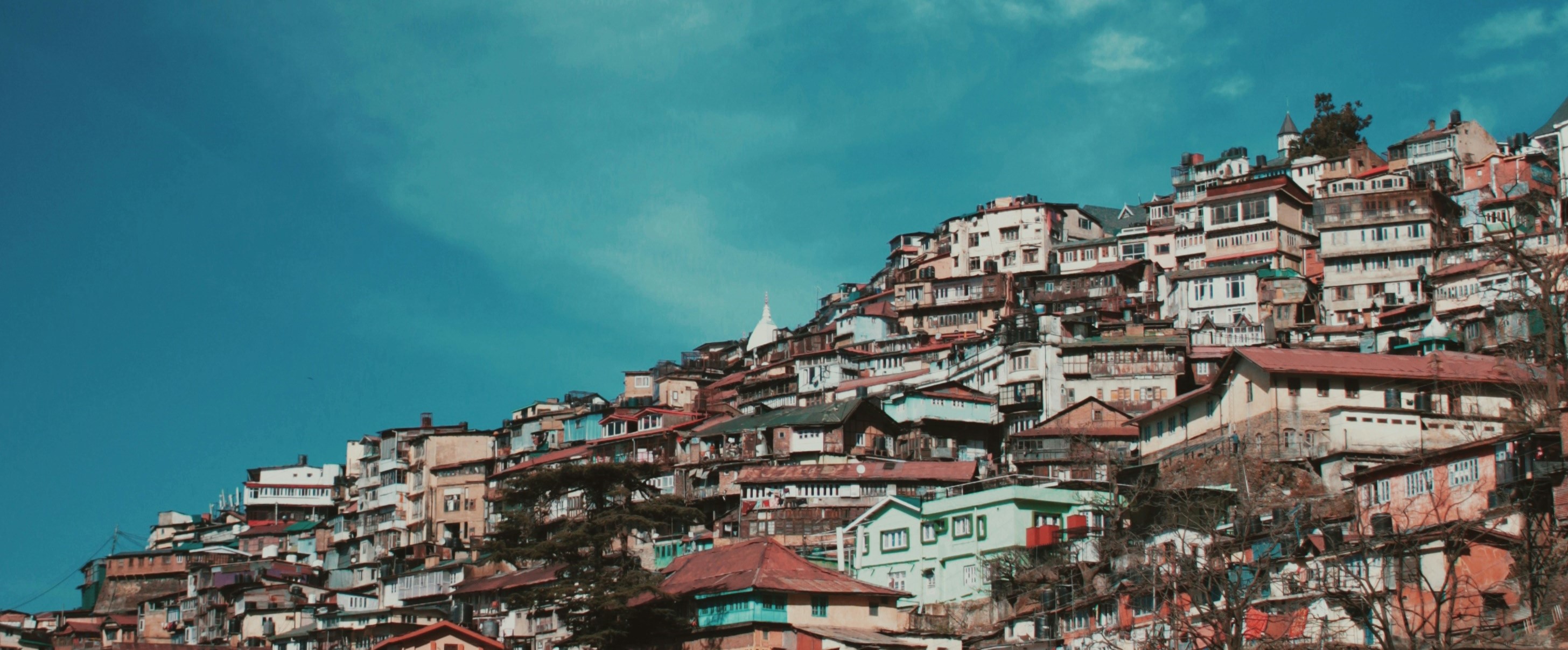Provide Sustainable Lifestyle and Education Knowledge to other multi-stakeholder dialogues
While Sustainable Lifestyle and Education is in particular discussed at dedicated SCP and SDG conferences and other meetings with the corresponding experts and stakeholders, the topic needs to be injected in other dialogues as well. The WRF Secretariat has begun to integrate lifestyles and education elements in its annual events on sustainable resources management as well as in its dialogue on global raw material governance.
The Sustainable Lifestyles and Education program connects the rich global work of engineering sciences and social sciences in the area of sustainable resources management, and has started with a series of dedicated workshops and special events
It is becoming more and more evident that innovative and resource-efficient products do not suffice to satisfy the additional claims. Because due to the supplementary consumption, the savings will get overcompensated. Following this, resource-efficient consumption as well as determining factors which boost the latter are of importance. Hence, it is an essential task of the human and social sciences to highlight the social aspects of the sustainable usage of limited natural resources. Values, attitudes, interests and knowledge are all very valuable elements at the behavioural and the individual level, which influence the lifestyle and consequently the consumption as well as the use of resources. On the societal level, evolved structures such as the organisation of the material flow are important factors: a sustainable cycle can only arise if the whole value-added chain is integrated into the recycling-process. Surprising keynote speakers, including from advertising and communication agencies, workshops, special sessions, project launches, and art competitions and cinema have been part of the regular World Resources Forum since 2013.
Workshops have been held with social scientists as well as ICT industry on sustainable lifestyles. By integrating social science oriented knowledge and inspiration in the regular program we aim at achieving synergies in multi-stakeholder and multidisciplinary settings. Impacts are expected to be better understanding and more systemic and holistic solutions to the challenges. Interested stakeholders can propose speakers and sessions for the regular World Resources Forum events and are welcome to organise back-to-back closed sessions with their own networks.
External source(s)
Image

© R. Stuermer/WRF2019
Project start date
01/01/2015
Project end date
01/01/2015


